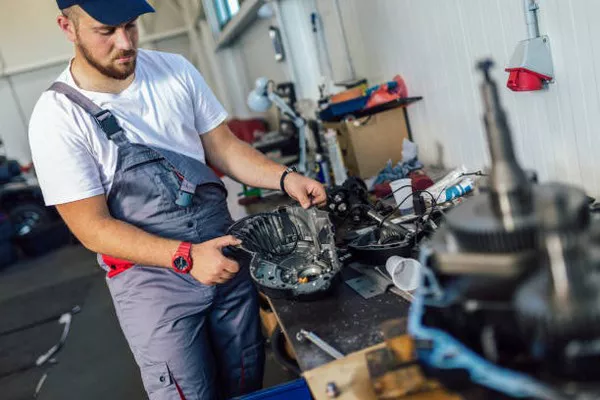GE Aerospace has achieved a significant milestone by completing testing on its 10th engine model using 100% Sustainable Aviation Fuel (SAF) since 2016. The company’s commitment to SAF testing aligns with the aviation industry’s goal of achieving net-zero CO2 emissions by 2050. Notable achievements include the first commercial flight with 100% SAF in both engines of a Boeing 777 freighter in partnership with FedEx Express in 2018, and the first passenger experimental flight with 100% SAF in one engine of a United Airlines Boeing 737-8 in 2021.
In 2022, GE Aerospace continued its SAF testing efforts with LEAP-1B engines on a Boeing 737-10 for United Airlines and powered an Airbus A380 operated by Emirates using 100% SAF in one of the four GP7200 engines. The testing spans a wide range of engine models, including F414, GE9X, LEAP-1A, Passport, GEnx, HF120, and CFM56, covering various propulsion systems used in commercial air travel, military aviation, and business and general aviation.
As part of its commitment to advancing sustainable aviation, GE Aerospace is transitioning from engine system testing to engine component and sub-component level evaluations. These evaluations assess the impact of different SAF types on engine operability, efficiency, durability, and emissions. The company’s efforts support the industry’s interim goal of making aviation fuel 5% less carbon-intensive than conventional jet fuel by 2030, as set at the third ICAO Conference on Aviation and Alternative Fuels in November 2022.
Beyond SAF testing, GE Aerospace is actively working on revolutionary technologies to enhance engine fuel efficiency. Initiatives include the CFM RISE (Revolutionary Innovation for Sustainable Engines) program in partnership with Safran Aircraft Engines and the Electrified Powertrain Flight Demonstration project with NASA. These projects aim to achieve more than 20% better fuel efficiency and a 20% reduction in CO2 emissions compared to the most efficient engines currently in service. Additionally, GE Aerospace is developing open fan engine architecture and hybrid electric systems designed to be compatible with 100% SAF.

